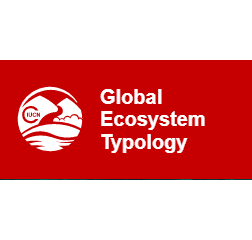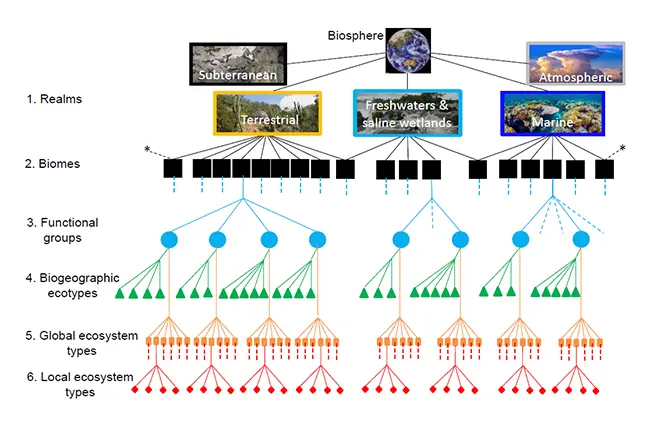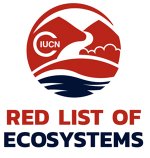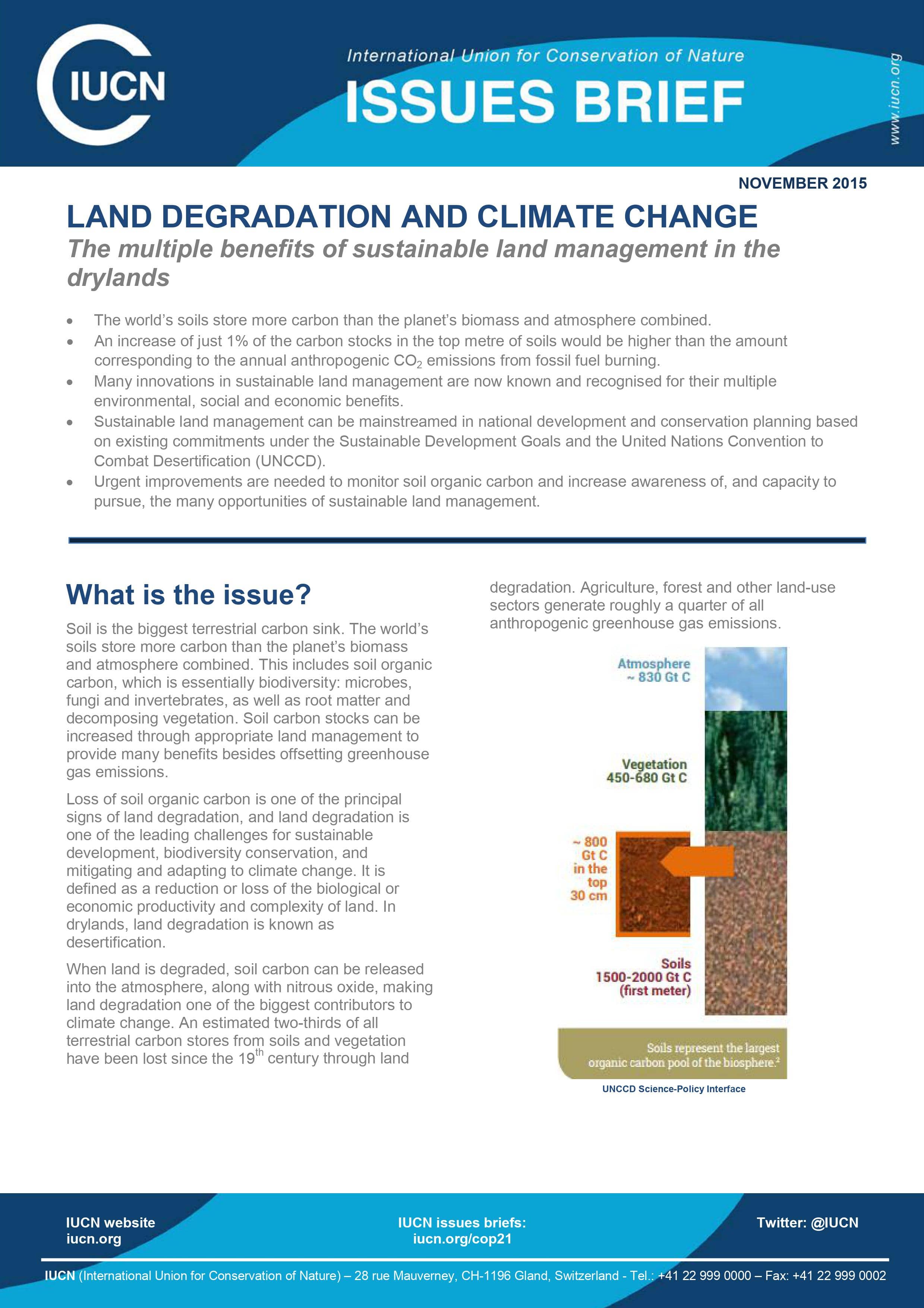In brief
The Global Ecosystem Typology is intended for policy, media and technical specialists interested in better understanding ecosystem dynamics.
Supported by maps, infographics and pictures, this tool makes ecosystems more accessible to all. It provides summary as well as in-depth information on notions such as realms, biomes, functional groups and more technical notions such as ecological drivers, distribution that can help specialists to assess ecosystems.
The IUCN Global Ecosystem Typology allows to align ecosystem accounting, and ecosystem risk assessment.






